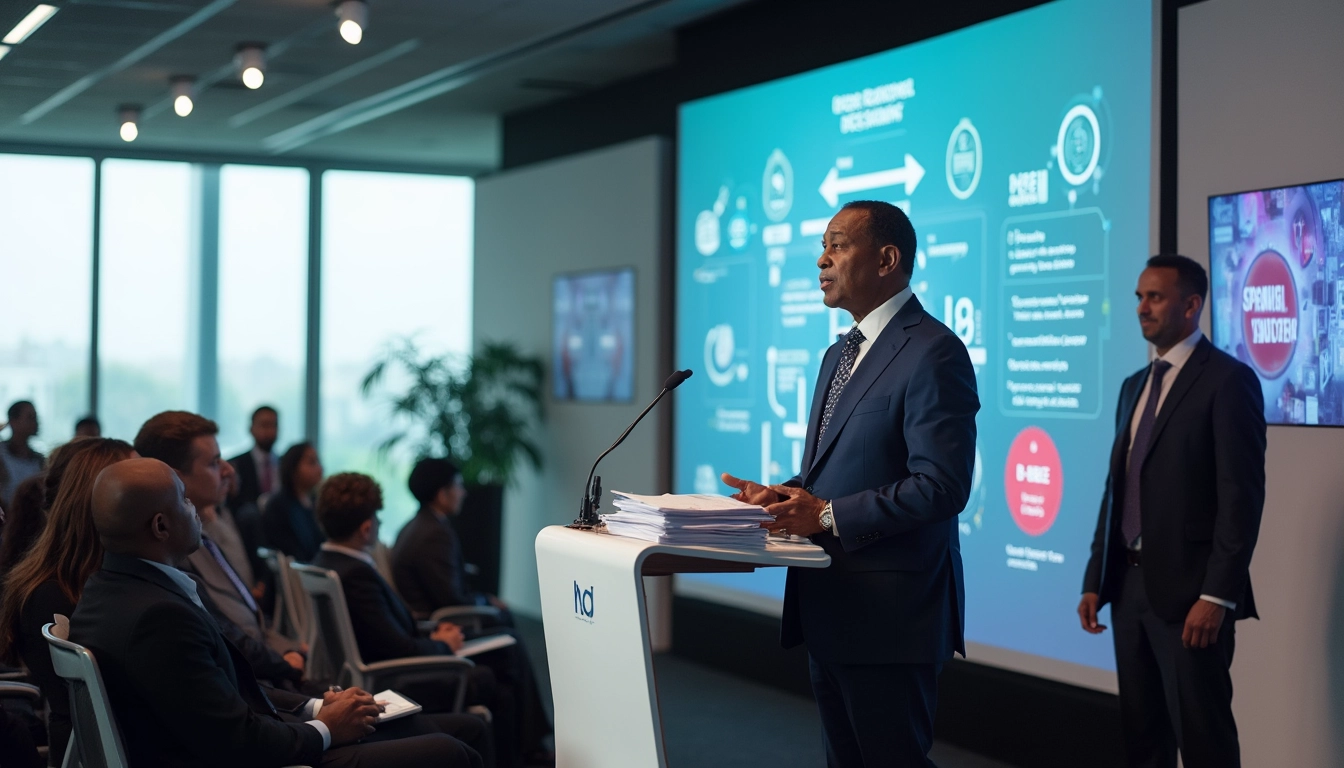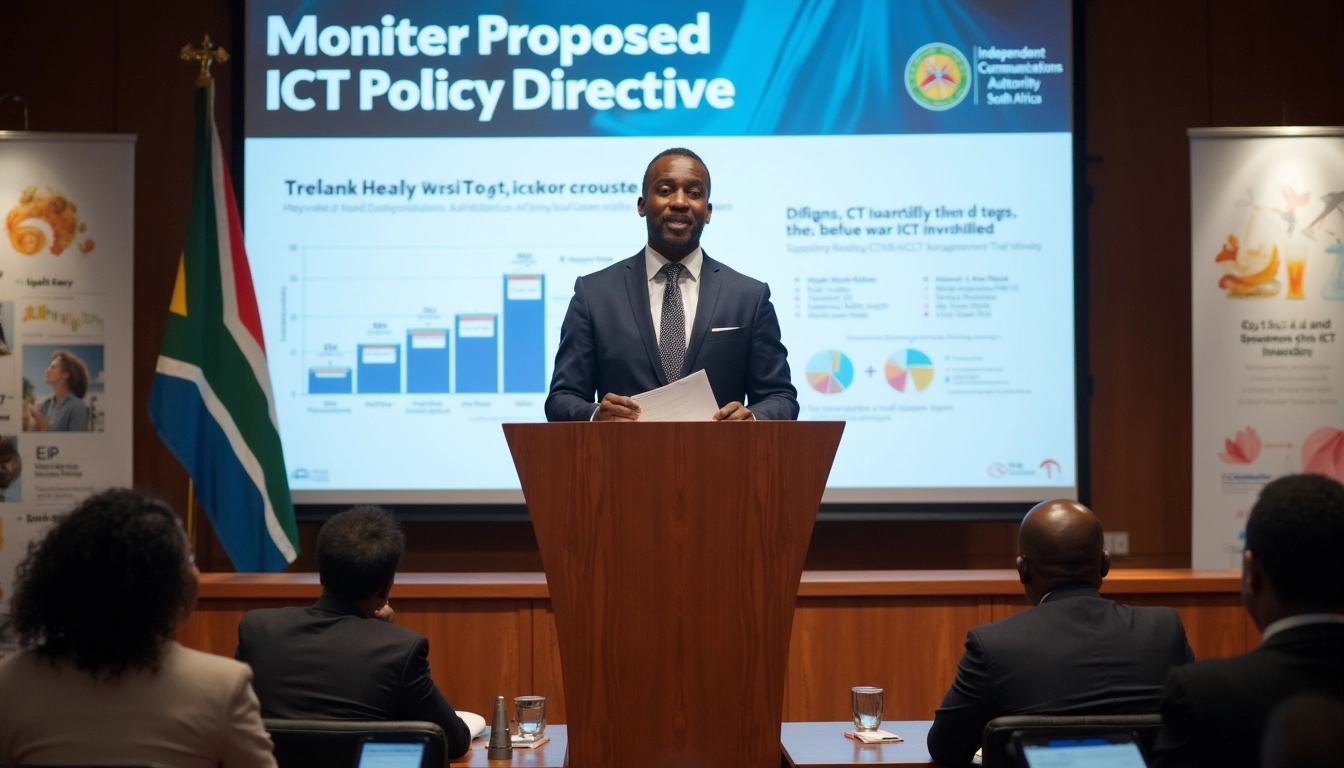
South Africa Modernizes ICT Policy to Balance Investment and Transformation Goals
South Africa’s ICT sector is undergoing significant changes with a new policy directive that aims to balance transformation requirements with international investment opportunities. The proposed directive introduces flexibility in B-BBEE compliance through Equity Equivalent Investment Programmes (EEIP), marking a shift from the strict 30% direct ownership requirement for historically disadvantaged individuals.
Table of Contents
Key Takeaways:
- The directive offers alternative compliance methods through EEIP for international tech companies
- Implementation aims to attract global investments while maintaining transformation goals
- The policy promotes broadband connectivity and digital inclusion initiatives
- Companies can choose between 30% direct ownership or equivalent investment programs
- The directive supports local skills development and enterprise growth
Policy Framework and Objectives
The Minister of Communications and Digital Technologies has introduced a comprehensive policy direction under the Electronic Communications Act, 2005. This initiative, formally communicated to ICASA on October 4, 2024, creates a framework for digital transformation and regulatory compliance. The policy maintains focus on ICT policy while creating opportunities for broader market participation.
Investment and Transformation Balance
The directive introduces a dual-option approach for companies like Starlink to participate in the South African market. Through the EEIP alternative, companies can invest in local supplier development, skills training, and innovation instead of direct ownership transfer. This approach aligns with emerging technology integration while supporting B-BBEE objectives.

Digital Infrastructure Development
The policy emphasizes broadband connectivity expansion and digital divide reduction. Companies participating in the EEIP can contribute to infrastructure development, supporting South Africa’s digital transformation goals. This aligns with broader national development objectives while creating opportunities for technological advancement.
Implementation and Timeline
Minister Solly Malatsi has confirmed that the groundwork for this directive began in September 2024. The policy reflects careful consideration of both local transformation needs and international investment requirements. For businesses looking to automate their digital transformation processes, tools like Latenode’s automation platform can help streamline implementation.
Stakeholder Engagement and Future Outlook
The policy faces public sector scrutiny and private stakeholder review before final implementation. It represents a significant shift in South Africa’s approach to digital economy development, balancing equity requirements with investment attraction. The success of this initiative depends on effective collaboration between government bodies, international investors, and local industry participants.


